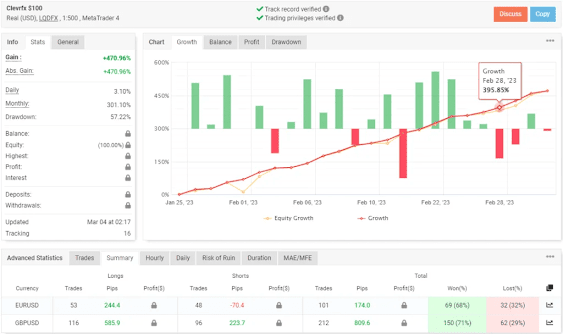IS DAY TRADING GAMBLING?
Day trading and gambling share some similarities, but they are not the same thing. Day trading is most common in the stock markets, and successful day traders are often well-educated and well-funded, typically adding risk by using leverage to increase the size of their stakes. The main difference between day trading and gambling is that gamblers play available odds while traders strategize based on market trends, price movements, and past performances. Traders often use sophisticated analytical tools and real-time market updates to decide which stocks to buy or sell and how much to spend. However, day trading can lead to significant financial losses and problematic behaviors, and some people find it easy to get caught up in the ups and downs of the activity, whether winning or losing, as the thrill can bring a rush of adrenaline and lead to an addictive cycle. The success rate of day trading is low due to its risk and requiring considerable skill, and some studies show that 80% of day traders fail within a year. Therefore, while day trading is not considered gambling, it can have some similarities and lead to problematic behaviors and significant financial losses.
- Financial losses: If a stock's price or the market moves in the wrong direction, it can result in very quick and substantial financial losses. Leveraged investing can even result in more significant losses.
- Market volatility: No one can predict the minute-to-minute changes in the market, no matter how many charts and models they use. Market instability is a major factor that hurts day traders.
- Tax consequences: Day trading can result in tax consequences, and profits are liable for a short-term capital gain tax at the income tax level you fall under.
- Need for large amounts of capital: Most day traders make large trades by borrowing or leveraging capital. But since the risk is very high, if you judge poorly, you could lose everything—and have to repay what you’ve borrowed
- Borrowing money: Day traders depend heavily on borrowing money or buying stocks on margin. Borrowing money to trade in stocks is always a risky business. Day trading strategies demand using the leverage of borrowed money to make profits. This is why many day traders lose all their money and may end up in debt
- Severe financial losses: Day traders typically suffer severe financial losses in their first months of trading, and many never graduate to profit-making status. Day traders should only risk money they can afford to lose. They should never use money they will need for daily living expenses, retirement, take out a second mortgage, or use their student loan money for day trading
- Transaction costs: The two most visible transaction costs are taxes and fees such as trading commissions. If you purchase a stock and sell it before one year has passed, then any increase in the stock's value is taxed at your ordinary income tax rate, which is likely significantly higher than the tax rate that would be applied if you held the stock for a year or more
- Inherent riskiness: Day trading is inherently risky, and it is not worth it for the vast majority of day traders. Anecdotally, it's been widely estimated that 95% of day traders ultimately lose money.
- Losing money: This is a risk that all investors face. However, the nature of day trading and its volatility makes this a much more frequent occurrence, especially when buying on margin. It is possible to lose hundreds, thousands, or even more during a single day of trading, based on the trading strategy used. Additionally, it is possible to lose all the money that was invested, along with any money that was borrowed and must be repaid.
.jpeg)

Comments
Post a Comment